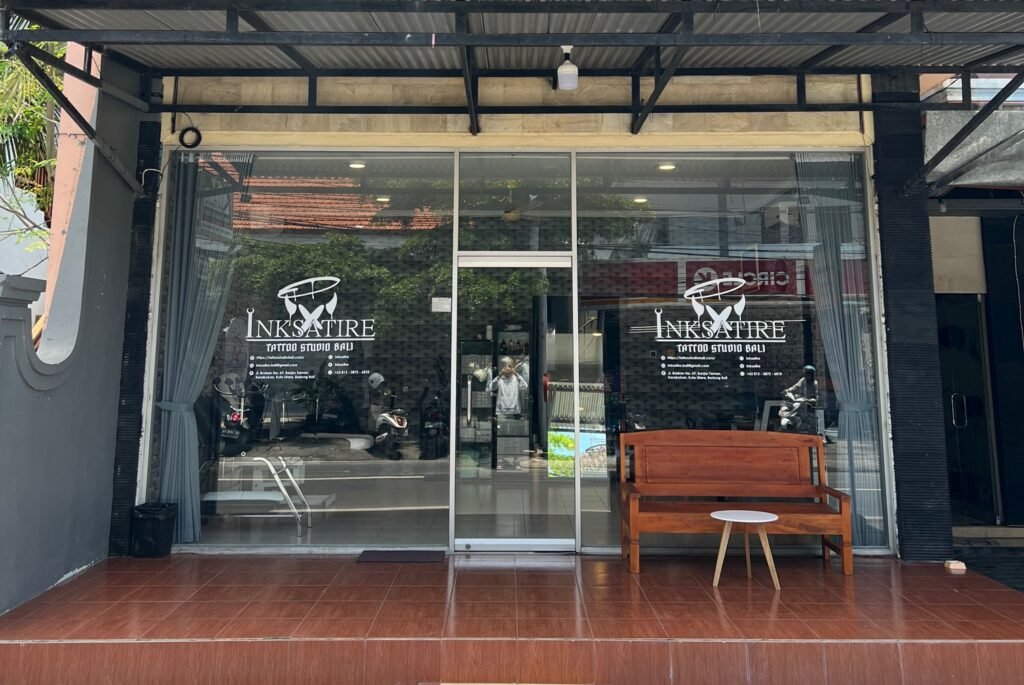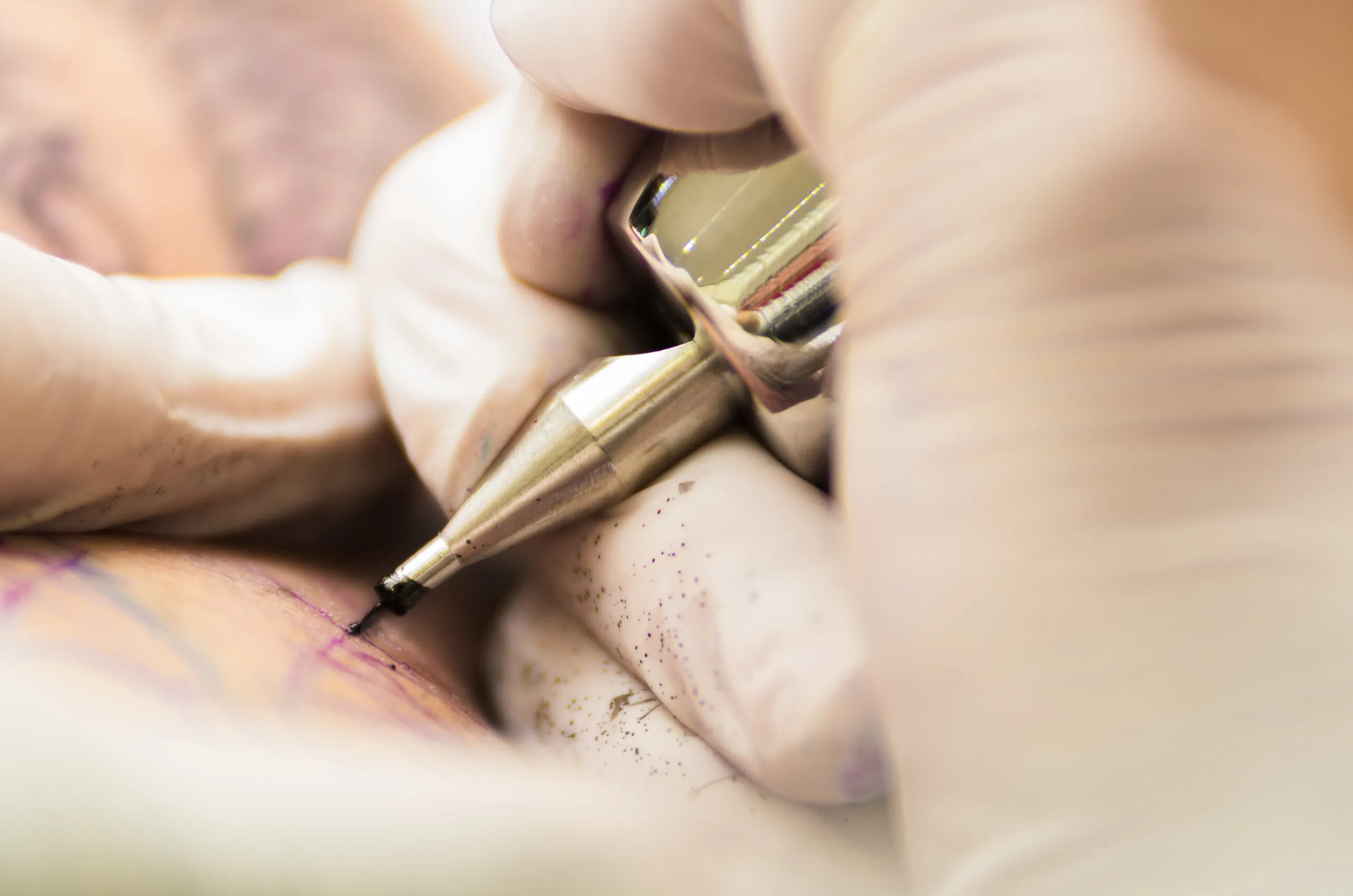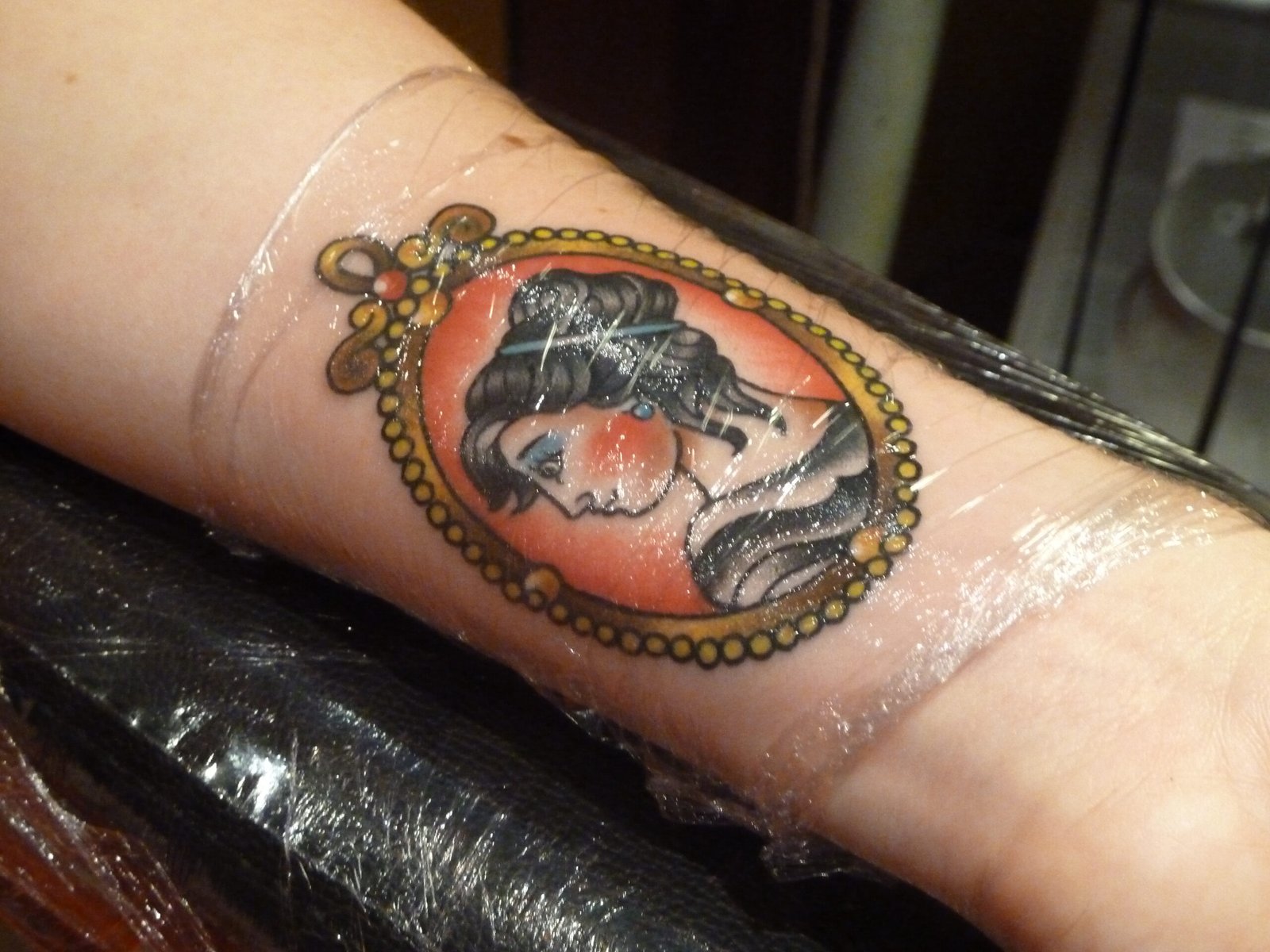

When choosing a tattoo studio in Bali, it’s essential to look for places that prioritize tattoo best practices for hygiene and safety. A reputable Bali tattoo studio will always use brand new needles, ensuring that each client is protected from risks associated with reused equipment, such as infections. Professional artists in Bali understand the importance of using disposable gloves, which prevent contamination and protect both the client and the artist. These studios will also keep their workstations clean, often covering high-contact surfaces like tattoo guns and chairs with cling wrap for extra protection.
Top tattoo studios Bali make hygiene a priority, as they are aware that human skin is vulnerable to bacteria and other pathogens during tattooing. Following these tattoo best practices helps ensure that every client leaves with a safe and high-quality tattoo. In Bali, seeking a tattoo studio that adheres to these standards is key to a safe and satisfying tattoo experience.

1. The Use of Brand New Tattoo Needles
A fresh, sterile tattoo needle is essential for safe tattooing. Since tattooing involves breaking the skin and may cause bleeding, reusing a needle carries a risk of transferring bloodborne pathogens like HIV, Hepatitis and other infections.
Professional tattoo artists typically show clients a sealed needle, allowing them to verify it is new and unused. If this isn’t offered, ask to see the needle being removed from its packaging before proceeding with the tattoo, regardless of any assurances. Remember, needles are never reusable. If you’re returning to continue a large tattoo the next day, the artist must use a new needle. Additionally, needles may need to be changed during long sessions to avoid dullness.
2. Wearing of Disposable Gloves
In some countries, disposable gloves are a legal requirement for tattooing. While regulations in Indonesia and Bali may vary, wearing gloves is essential for hygiene. Both the tattoo artist and any assistants must wear fresh gloves to prevent contamination, as human hands can carry harmful microorganisms.
The artist should change gloves if they touch other surfaces or take a break, and they should wear gloves continuously until the tattoo is complete.
3. The Use of Cling Wrap on Surfaces
Many professional tattoo artists in Bali add an extra layer of protection by covering all high-contact surfaces—such as the tattoo gun, spray bottle, power supply and chairs—with cling wrap. This practice prevents contamination from previous clients and minimizes any risk of future contamination.
Some artists also cover new tattoos with plastic wrap to protect the fresh wound during initial tattoo healing. You may be advised to remove the wrap after a few hours or change it daily. Follow your artist’s advice and ensure clean handling if you change the wrap yourself.
4. The Use of New Razors
Certain tattoo placements may require shaving to ensure smooth application. Tattoo artists often prefer to shave the area themselves to avoid hair interfering with the tattoo needle, which can cause irritation or ingrown hairs. As with needles, razors must be new and sterile to prevent any cross-contamination from bacteria or other harmful agents.

Following those tattoo best practices allows clients to feel confident in their tattoo experience, minimizes health risks, and helps ensure tattoos heal beautifully and safely. For both artists and clients, these hygiene standards are fundamental to the artistry and professionalism of tattooing.